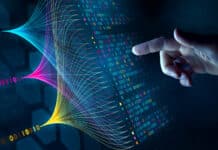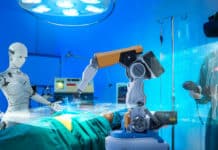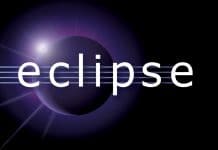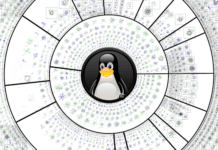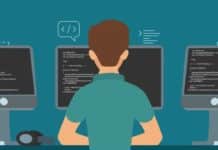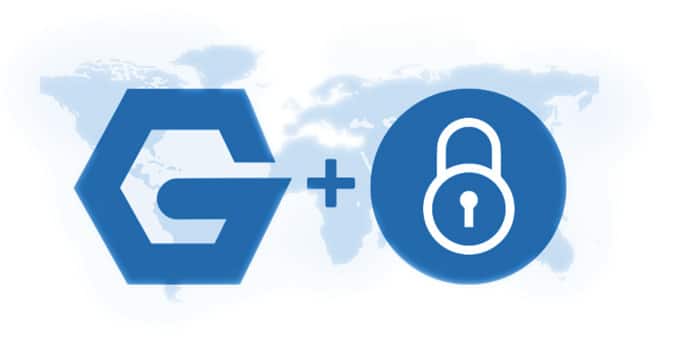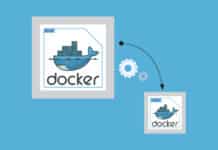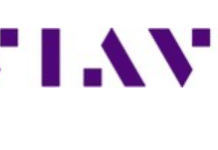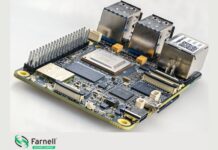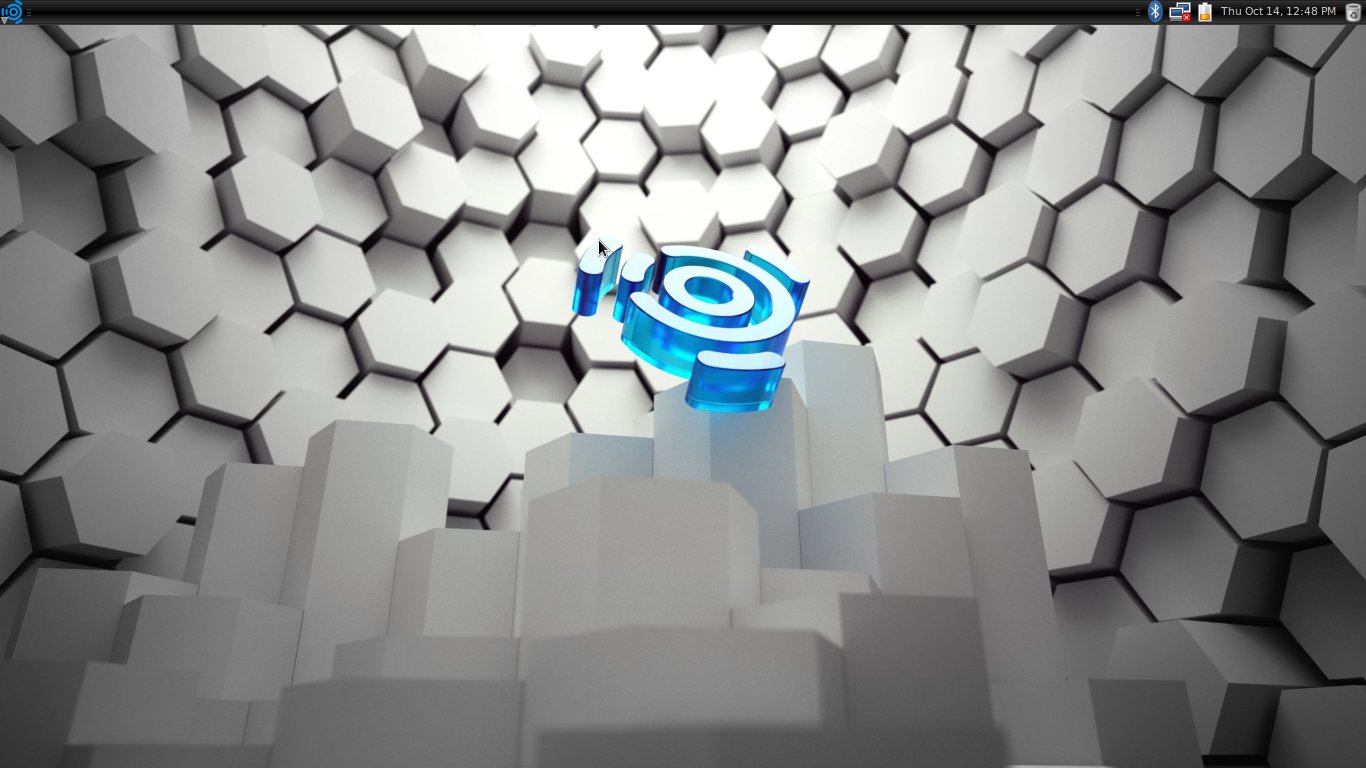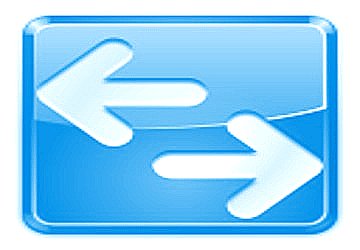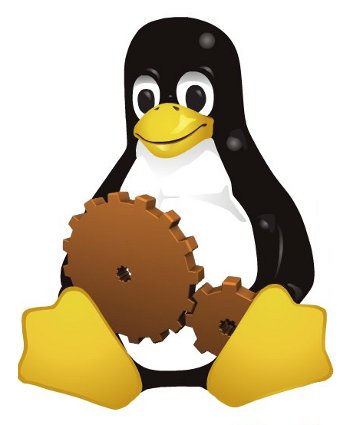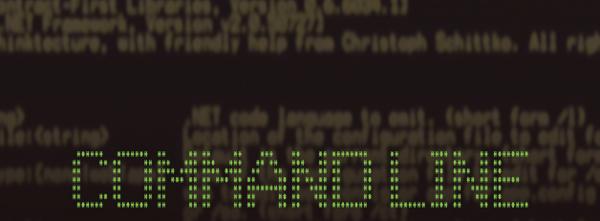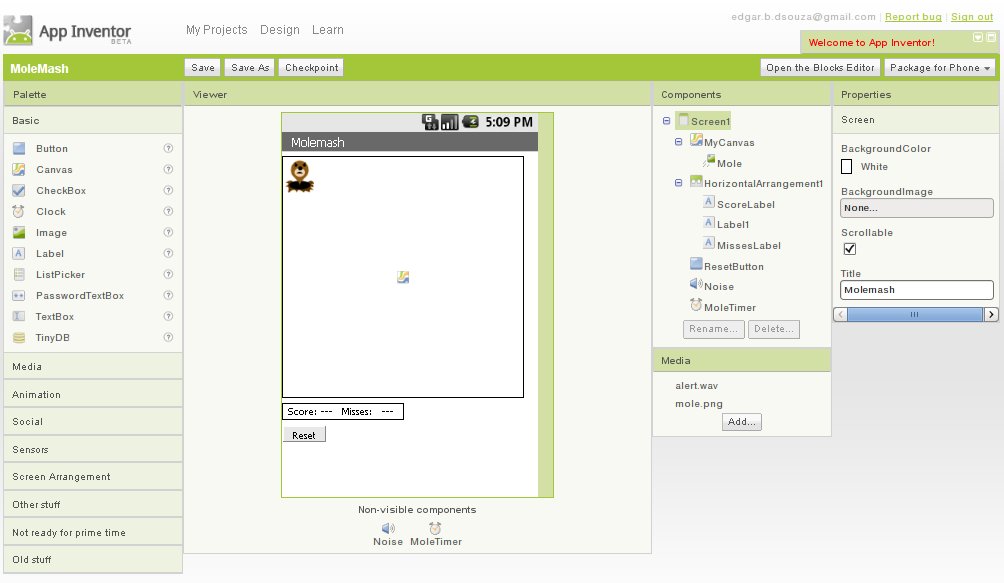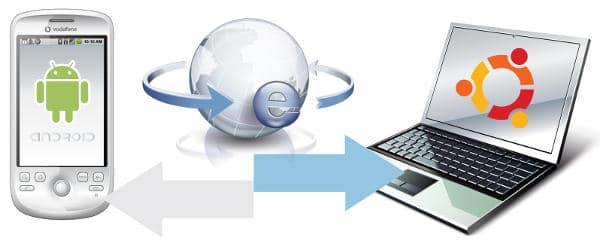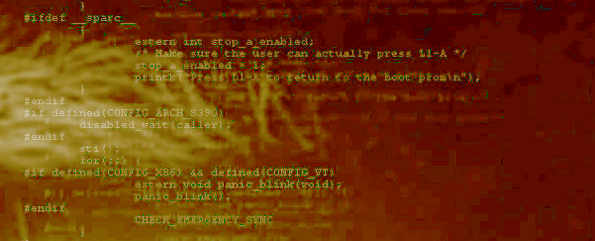Tag: LFY November 2010
Live Life to the Full with Ubuntu 10.10
On October 10, 2010, Canonical released the latest avatar of Ubuntu, 10.10, codenamed "Maverick Meerkat". The desktop version of its last release, Ubuntu 10.04...
A Quick Look at Ubuntu Studio 10.10
Ubuntu has a large and growing variety of flavours. Ubuntu Studio is a useful Ubuntu derivative targeted at multimedia artists. If you're a professional,...
Keep Your Data Synchronised Across Desktops and Online Services with GNOME...
GNOME Conduit, a synchronisation tool for the GNOME desktop, enables users to synchronise email, files, bookmarks, photos, contacts, and personal information, with another computer,...
Cut and Play with Pitivi Video Editor
In this article, I talk about editing videos (one of my hobbies) using one of the many open source video editors available -- Pitivi....
Device Drivers, Part 1: Linux Device Drivers for Your Girl Friend
This series on Linux device drivers aims to present the usually technical topic in a way that is more interesting to a wider cross-section...
Android Application Development: CLI Tools
This article on Android application development introduces you to the command line utilities that come packaged with the Android SDK, all of which are...
App Inventor: Develop Android Apps in a Jiffy
Here's introducing Google's new App Inventor service (the beta version) to design graphic applications for the Android platform. The Android in question is 1.5...
Accessing a Home Laptop Remotely from Android
Consider this: You're on vacation in the Maldives, when your office calls, with an urgent request for some files and information. These happen to...
Securing Apache, Part 3: Cross-Site Request Forgery Attacks (XSRF)
Intended for information security experts, systems administrators, and all those concerned about Web security, this third article in the series moves on from SQL...
Kernel Tracing with ftrace, Part 1
This article explains how to set up ftrace and be able to understand how to trace functions. It should be useful for current kernel...


